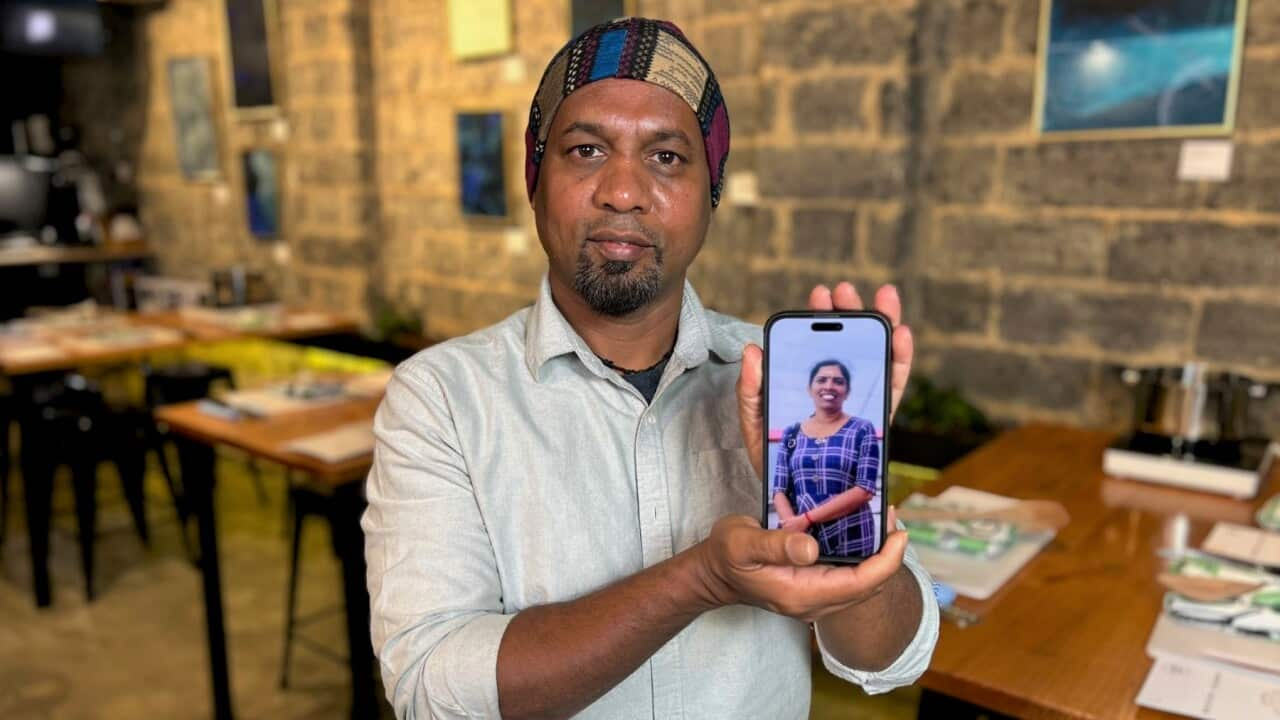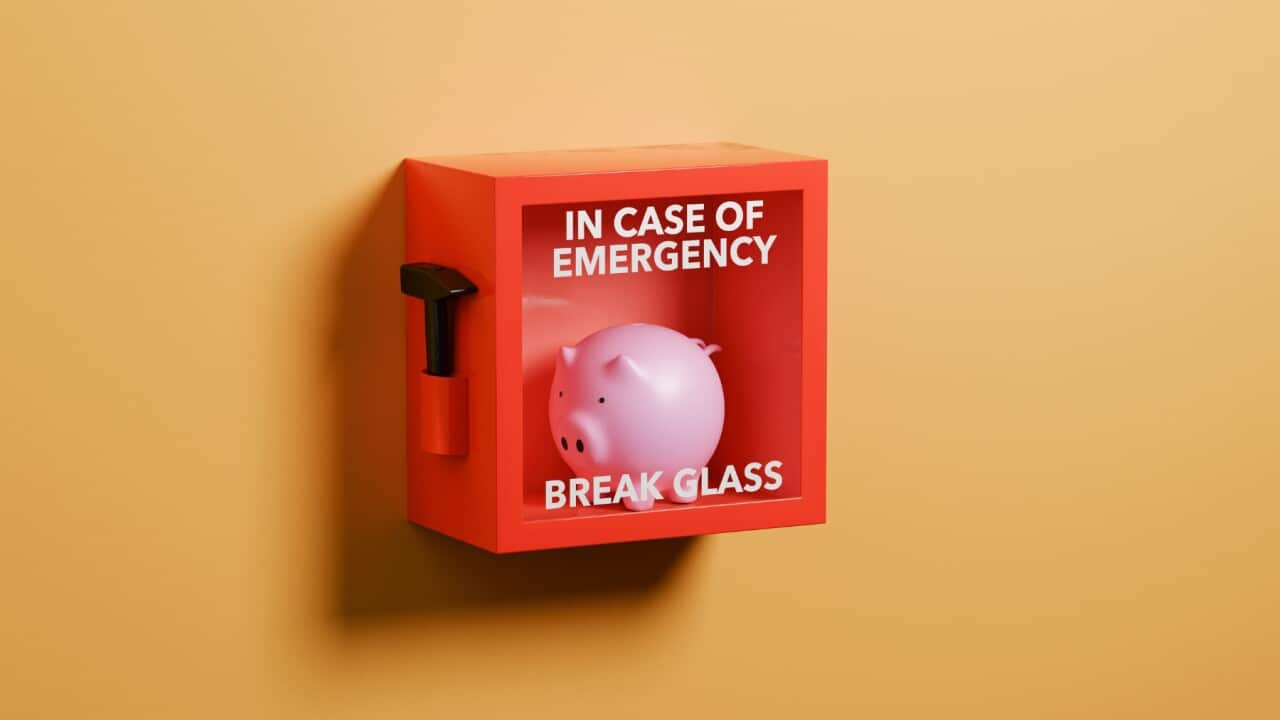TRANSCRIPT:
The United Kingdom has been divided over an issue at the heart of modern gender politics: who is defined as female, and what does that mean for women-only spaces?
A Supreme Court has now given its answer:
"The unanimous decision of this court is that the terms 'woman' and 'sex' in the Equality Act 2010 refer to a biological woman and biological sex."
That news has made some campaigners outside the chamber very happy.
But others are dismayed.
Trans campaigner and former Labor Party candidate for the Scottish Parliament Heather Herbert says words don't change her reality.
"Well, obviously, I'm disappointed. No judge can tell me who I am. You know, if a judge was to tell you that you're not a woman, that you're a man, you would… it wouldn't change who you are. It wouldn't change how you feel."
The ruling means trans women can be excluded from some groups and single-sex spaces.
It will give services designated for women only - for example medical or counselling centres - the legal grounds to refuse transwomen entry, with the same rule applying to changing rooms, shelters and other female spaces.
But the court's Lord Hodge says this judgement does not represent a triumph of one or more groups in society over another.
"It is not, as I shall explain later in this hand down speech, the Equality Act 2010 gives transgender people protection, not only against discrimination through the protected characteristic of gender reassignment, but also against direct discrimination, indirect discrimination and harassment - in substance in their acquired gender."
The decision marks the end of a long-running fight that began in 2018, when feminist activist group For Women Scotland took on the Scottish government over a law demanding 50 per cent female representation on the boards of government institutions in Scotland.
The group took issue with transgender women with a gender recognition certificate being included in that quota.
The organisation's highest-profile supporter, Harry Porter author "J-K" Joanne Rowling has posted on social media
"It took three extraordinary, tenacious Scottish women with an army behind them to get this case heard by the Supreme Court and, in winning, they’ve protected the rights of women and girls across the UK. For Women Scotland I’m so proud to know you."
Transgender rights campaigners say the decision could lead to discrimination, particularly in employment.
Amnesty International U-K Chief executive Sacha Deshmukh says politicians and law enforcement play a crucial role in communicating and upholding the laws that protect the rights of transgender people.
“And indeed, trans people, perhaps now crucially, as a result of what could be miscommunication or misunderstanding of the implications of this judgment, need those protections made more clearly than ever before. And public policymakers have a duty to ensure that that happens.”
There are also concerns it could precipitate a spike in physical assaults, in the UK and elsewhere.
Britain's Home Office says there was an 11 per cent rise in violence against transgender people in the year to 2023.
In the United States, Congress reported a doubling of the murder rate of trans Americans between 2017 and 2021 - while the Australian Institute of Health and Welfare reported a three to four-fold increase in suicidal thoughts by non-binary and trans Australians.
Mr Deshmukh says transgender people already feared for their safety before this judgement.
“We are obviously well aware, as I'm sure everyone on all sides of this debate are, about some of the horrific examples of attacks on trans people, the very high levels of which trans people face certain kinds of violence, such as domestic violence, as well as women who may have been born biologically as a woman. So there is no group who deserves to face that kind of prejudice.”
Across the pond, the Trump Administration is suing the state of Maine for not following a Federal order to stop trans athletes from competing in girls and women's sport.
Maine's governor Janet Mills says the state is abiding by a federal law that forbids discrimination in education based on sex.
Attorney General Pam Bondi says the issue is about women being discriminated against in sport and their personal safety.
"We are seeking an injunction to get them to stop this, stop what they're doing, that's pretty simple. And we are seeking to have the titles returned to the young women who rightfully won these sports."
Back in the UK, British activists like Ms Herbert say they're concerned the country is following the United States in the deterioration of rights that marginalised groups can freely access.
"It just feels very much like we're following Trump's America in that we're attacking minorities. At the moment, it's trans people, but it's been ethnic minorities, disabled people.”













